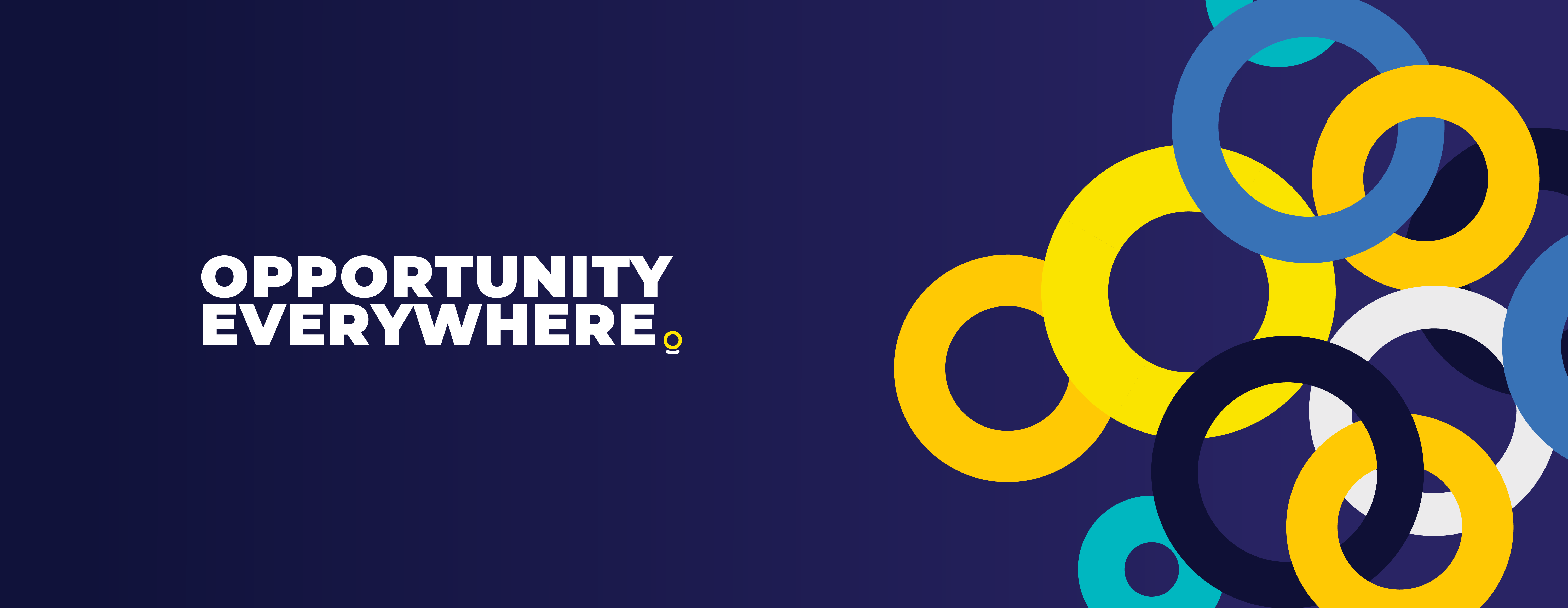

Jumo World Holding Limited

Port Louis, Mauritius
September 2022
Other financial services
Service with Minor Environmental Footprint
Cote D'Ivoire (Ivory Coast),
Ghana,
Kenya,
Mauritius,
Nigeria,
Portugal,
South Africa,
Tanzania,
Uganda,
United Kingdom,
Zambia
JUMO was founded in 2015 and is the market leading Banking as a Service platform that uses AI to power financial services in emerging markets. JUMO offers savings and credit products to entrepreneurs in emerging markets, as well as financial services infrastructure to partners such as eMoney operators, mobile fintech platforms and banks. The platform has two foundational capabilities: · Core – which provides end-to-end, next generation banking infrastructure and · Unify – the Artificial Intelligence processor that transforms data to reduce the cost and risk of lending. In just over five years of operation, JUMO has enabled the disbursement of more than US$4 billion in loans and reached over 19 million customers and small businesses. They are active in six markets including Ghana, Tanzania, Kenya, Uganda, Zambia and Côte d’Ivoire.
Overall B Impact Score
Governance 14.6
Governance evaluates a company's overall mission, engagement around its social/environmental impact, ethics, and transparency. This section also evaluates the ability of a company to protect their mission and formally consider stakeholders in decision making through their corporate structure (e.g. benefit corporation) or corporate governing documents.
What is this? A company with an Impact Business Model is intentionally designed to create a specific positive outcome for one of its stakeholders - such as workers, community, environment, or customers.
Workers 27.1
Workers evaluates a company’s contributions to its employees’ financial security, health & safety, wellness, career development, and engagement & satisfaction. In addition, this section recognizes business models designed to benefit workers, such as companies that are at least 40% owned by non-executive employees and those that have workforce development programs to support individuals with barriers to employment.
Community 11.7
Community evaluates a company’s engagement with and impact on the communities in which it operates, hires from, and sources from. Topics include diversity, equity & inclusion, economic impact, civic engagement, charitable giving, and supply chain management. In addition, this section recognizes business models that are designed to address specific community-oriented problems, such as poverty alleviation through fair trade sourcing or distribution via microenterprises, producer cooperative models, locally focused economic development, and formal charitable giving commitments.
Environment 7.6
Environment evaluates a company’s overall environmental management practices as well as its impact on the air, climate, water, land, and biodiversity. This includes the direct impact of a company’s operations and, when applicable its supply chain and distribution channels. This section also recognizes companies with environmentally innovative production processes and those that sell products or services that have a positive environmental impact. Some examples might include products and services that create renewable energy, reduce consumption or waste, conserve land or wildlife, provide less toxic alternatives to the market, or educate people about environmental problems.
Customers 67.3
Customers evaluates a company’s stewardship of its customers through the quality of its products and services, ethical marketing, data privacy and security, and feedback channels. In addition, this section recognizes products or services that are designed to address a particular social problem for or through its customers, such as health or educational products, arts & media products, serving underserved customers/clients, and services that improve the social impact of other businesses or organizations.
What is this? A company with an Impact Business Model is intentionally designed to create a specific positive outcome for one of its stakeholders - such as workers, community, environment, or customers.